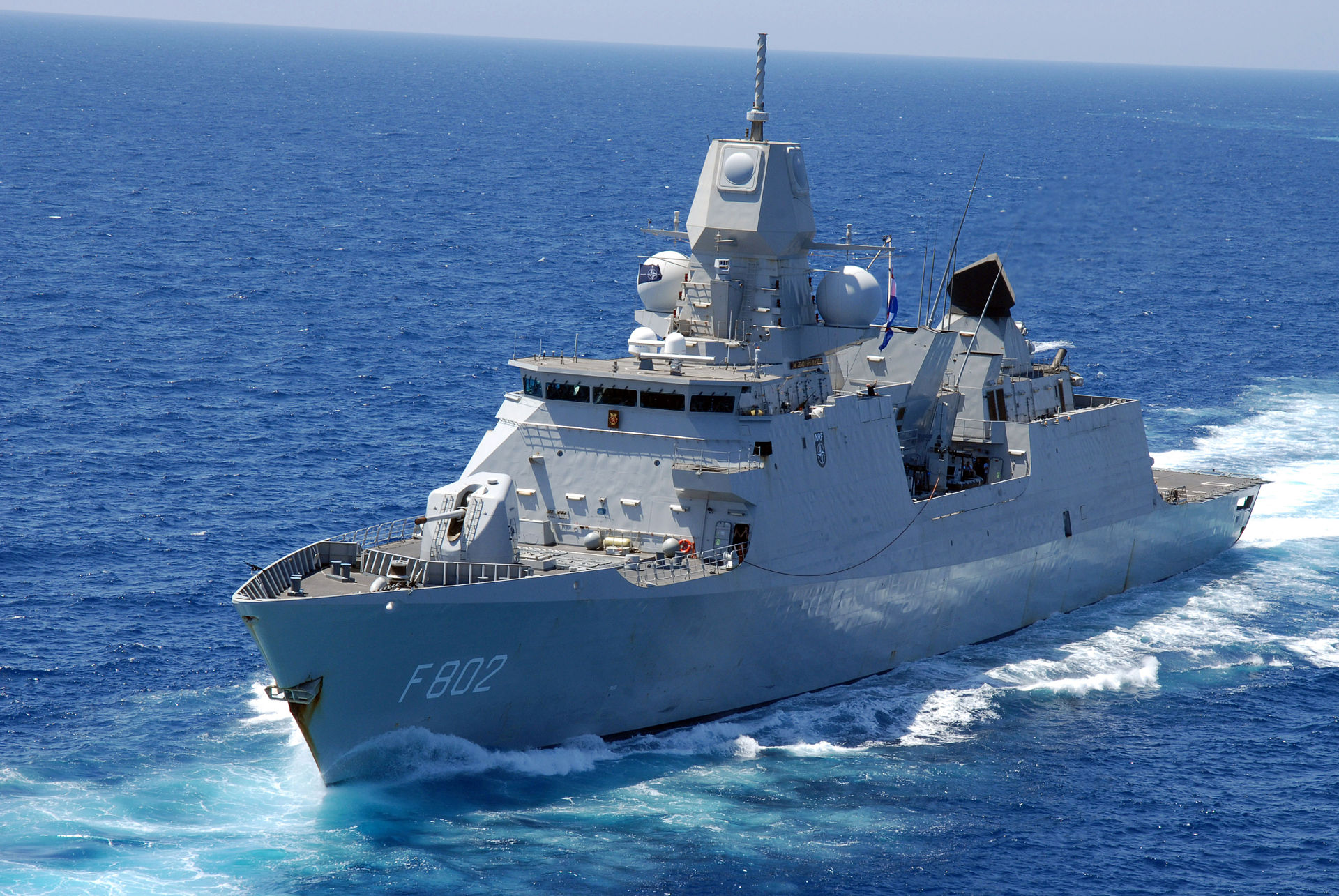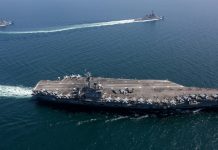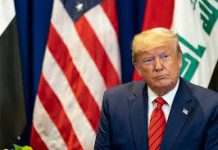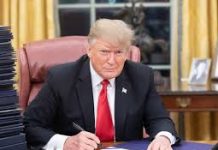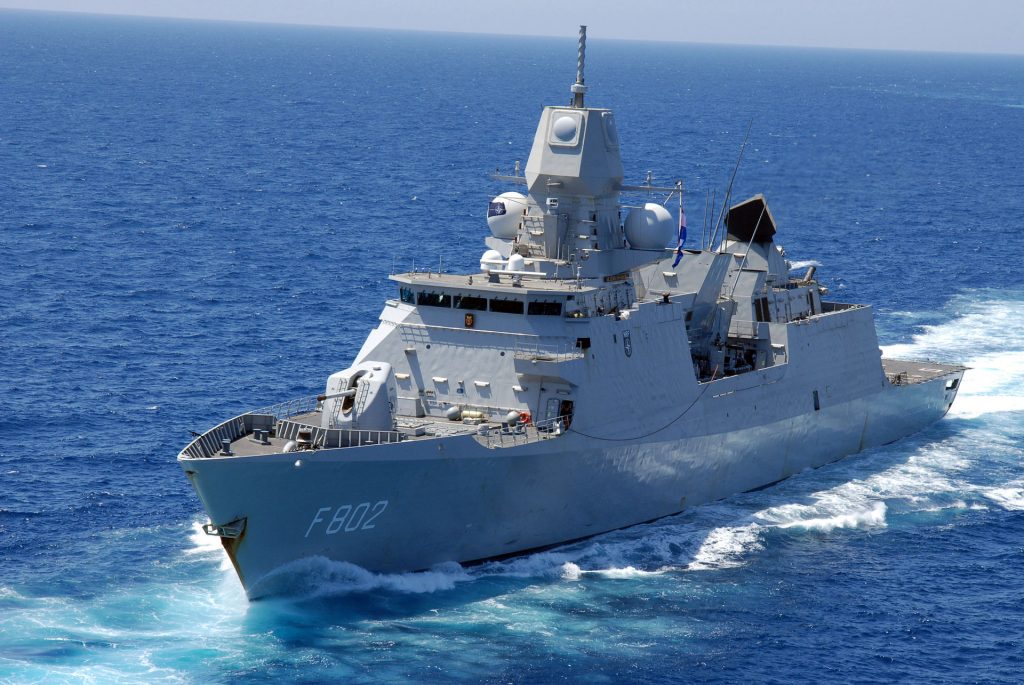
In a statement German Defence Minister Annegret Kramp-Karrenbauer stated, as part of a plan to contain Chinese influence in the Indo-Pacific, a German warship will start patrolling the Indian Ocean.
The German frigate is scheduled to be deployed in the Indian Ocean next. A German naval presence will help safeguard a rules-based world order, said Kramp-Karrenbauer.
“We believe that Germany needs to mark its position in the region,” said Kramp-Karrenbauer in an interview with The Sydney Morning Herald. “We hope to be able to deploy next year,” she said. “We will be spending more on defence in 2021 than in 2020 despite the fact that [the Covid-19 pandemic] has hit our budgets. Now the key is to translate this into real muscle.”
Incidentally Kramp-Karrenbauer did not comment whether the frigate will conduct freedom of navigation exercises in the South China Sea, where Beijing has made belligerent and controversial territorial claims.
“Given the rising security challenges in the Indo-Pacific region, it is my goal to intensify our bilateral and multilateral collaboration. That could include, for example, the embarkation of German officers on Australian Navy units – a project that is being negotiated as we speak,” said Kramp-Karrenbauer.
The development comes in the wake of Germany unveiling its Indo-Pacific policy earlier in September, with German foreign minister Heiko Maas saying latent conflicts in the region “would have global repercussions were they to erupt”.
In a statement the foreign ministry stated, the economies of Europe are closely linked to countries in the Indo-Pacific through global supply chains. Furthermore, the region is also a major trading route through which ships crisscross the Indian Ocean, South China Sea and Pacific Ocean.
“If conflicts in the region adversely affect security and stability there, this has repercussions for Germany, too,” said Maas.
Noting the region’s growing importance in the global geopolitics, Kramp-Karrenbauer said Germany cannot ignore China’s activities.
“China is an important trading partner for Germany and we have strong economic ties which are in the interest of both sides,” she said. “At the same time, we do not turn a blind eye on unequal investment conditions, aggressive appropriation of intellectual property, state-subsidised distortion of competition or attempts to exert influence by means of loans and investments.”
Incidentally, Kramp-Karrenbauer was the first German minister to publicly confirm that Berling has placed certain restrictions on Cina’s Huawei which effectively bans it from building the country’s 5G network.
“Germany is, in principle, open to investment from all sides. But if the technology offered to us is not beyond reproach, it cannot be used,” she said.
“The political ramifications would simply be too grave. China is a country that understands very well the political dimension of IT networks and data flows. I am sure our counterparts in Beijing understand that we Europeans can only operate technology we trust,” said Kramp-Karrenbauer.
She went on to add, Berlin is also working with NATO to expand relations with like minded countries in the Indo-Pacific region including Australia,
“We share the same values, principles and interests. As a consequence, we stand united against those who challenge us,” she said. “I am convinced territorial disputes, violations of international law and China’s ambitions for global supremacy can only be approached multilaterally.”
China’s action on the global stage has triggered a “rethink across Europe”, she said.
“What will be crucial, regardless of the outcome of the US presidential election, is whether the West can be more unified in its dealings with Beijing,” said Kramp-Karrenbauer. “We have always had our tiffs across the Atlantic. That won’t change. What’s key is that we get the big stuff right. China is big stuff.”


